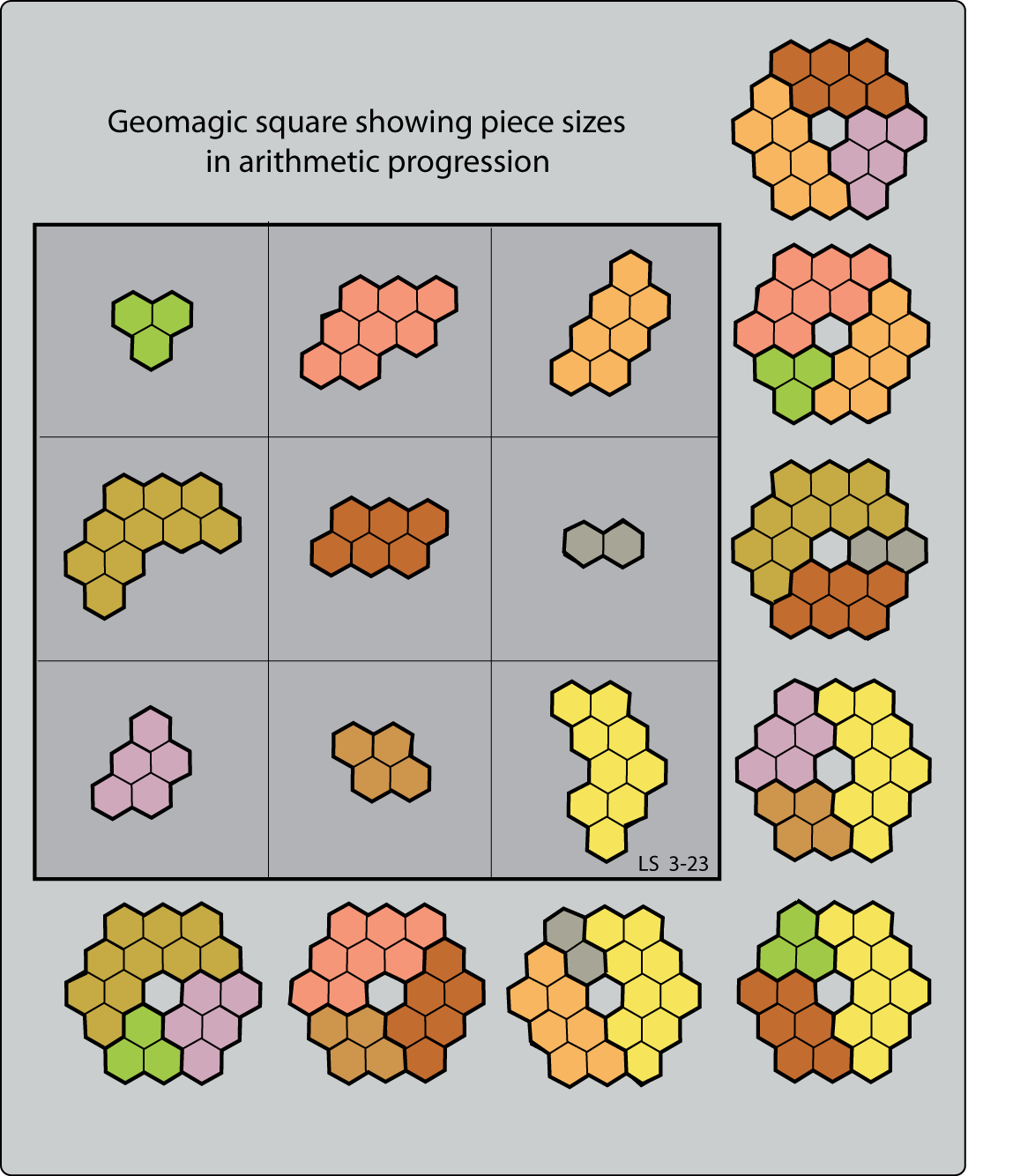
In an April 3, 1971, letter to the editor of the Saturday Review, reader K. Jason Sitewell reported some alarming news: A congressman named A.F. Day had introduced a bill that would abolish all private parks of more than 50 acres and all public recreation areas that were used by fewer than 150 people a day. The practical effect would be to abolish the nation’s golf courses.
Sitewell said he understood Day’s motive because he’d grown up with him. The congressman’s grandfather had “perished in a sand trap,” and his father had died of a coronary after hitting 19 balls into a pond.
An uproar followed. Country clubs vowed to fight the bill, constituents besieged their representatives, and editorials decried the measure, which Golf World called “as ominous a threat to golf as anything that has come along.”
But eventually it became clear that there was no such bill and readers saw the link between the purported congressman’s name and the date of Sitewell’s letter. It turned out that the whole thing had been a jape cooked up by Review editor and inveterate prankster Norman Cousins.
“I wrote apologies to each subscriber who had been offended or angered,” Cousins wrote. “I begged my golfing friends, who threatened to have me barred from every course in the nation, to forgive me for my joke. I suffered enough every time I played, I told them, and penance was awaiting me on each tee.”


